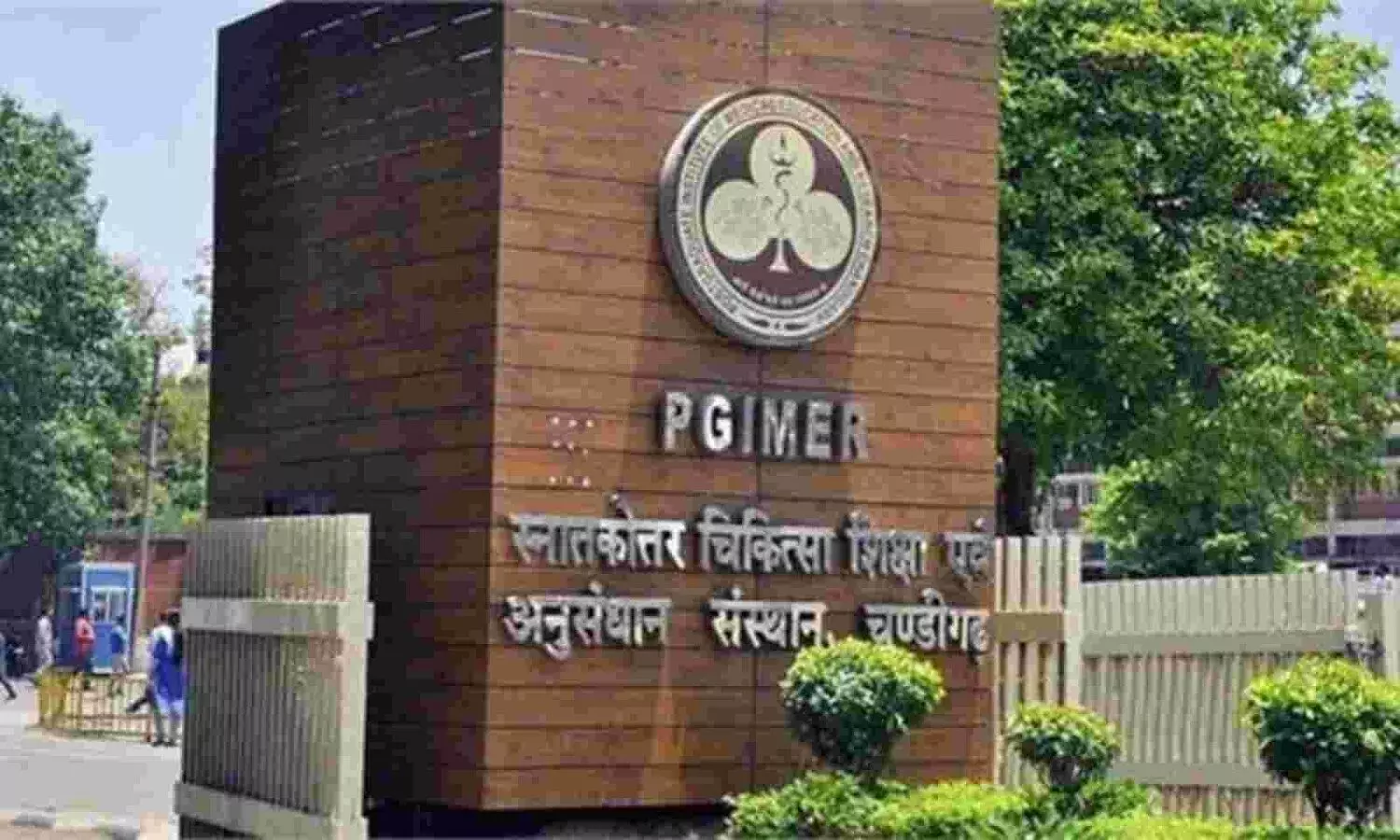- Home
- Medical news & Guidelines
- Anesthesiology
- Cardiology and CTVS
- Critical Care
- Dentistry
- Dermatology
- Diabetes and Endocrinology
- ENT
- Gastroenterology
- Medicine
- Nephrology
- Neurology
- Obstretics-Gynaecology
- Oncology
- Ophthalmology
- Orthopaedics
- Pediatrics-Neonatology
- Psychiatry
- Pulmonology
- Radiology
- Surgery
- Urology
- Laboratory Medicine
- Diet
- Nursing
- Paramedical
- Physiotherapy
- Health news
- Fact Check
- Bone Health Fact Check
- Brain Health Fact Check
- Cancer Related Fact Check
- Child Care Fact Check
- Dental and oral health fact check
- Diabetes and metabolic health fact check
- Diet and Nutrition Fact Check
- Eye and ENT Care Fact Check
- Fitness fact check
- Gut health fact check
- Heart health fact check
- Kidney health fact check
- Medical education fact check
- Men's health fact check
- Respiratory fact check
- Skin and hair care fact check
- Vaccine and Immunization fact check
- Women's health fact check
- AYUSH
- State News
- Andaman and Nicobar Islands
- Andhra Pradesh
- Arunachal Pradesh
- Assam
- Bihar
- Chandigarh
- Chattisgarh
- Dadra and Nagar Haveli
- Daman and Diu
- Delhi
- Goa
- Gujarat
- Haryana
- Himachal Pradesh
- Jammu & Kashmir
- Jharkhand
- Karnataka
- Kerala
- Ladakh
- Lakshadweep
- Madhya Pradesh
- Maharashtra
- Manipur
- Meghalaya
- Mizoram
- Nagaland
- Odisha
- Puducherry
- Punjab
- Rajasthan
- Sikkim
- Tamil Nadu
- Telangana
- Tripura
- Uttar Pradesh
- Uttrakhand
- West Bengal
- Medical Education
- Industry
IMA Hospital Board of India Raises Concerns Over IRDAI's Common Empanelment Proposal

Cashless Treatment for Accident Victims
New Delhi: The IMA Hospital Board of India, representing over 40,000 private healthcare establishments across the country, has voiced reservations regarding the Insurance Regulatory and Development Authority of India’s (IRDAI) proposal for Common Empanelment of hospitals.
While the board welcomed the move to streamline hospital empanelment and promote wider access to cashless treatment under health insurance plans, it raised several key concerns that must be addressed to ensure fairness and sustainability.
The board stressed that empanelment under any government or insurance scheme should remain entirely voluntary. It warned that imposing mandatory compliance without involving hospitals who are the central stakeholders in healthcare delivery, could have detrimental consequences for the sector.
Talking to Medical Dialogues, Dr. K.M. Abul Hasan, Chairman of Indian Medical Association (IMA) Hospital Board of India stated, “As far as the issue of reservations regarding mandatory common empanelment for cashless treatments from January 2025 is concerned, one must remember about the small and medium hospitals, where the owner often handle the facility single handedly, especially those situated in rural areas. They often had to arrange money and go through a lot of hardship to keep the facilities running, imposing insurance on them can not be beneficial, and they might end up closing the clinics. Then people in remote areas will find it difficult to access healthcare.”
“We can only allow such imposition when there is a uniform package rate for all the hospitals; While deciding on the package rate, everything should be taken into consideration, one cannot apply a common package rate on every hospital. If this happens, small clinics will cease to survive. 80% of the beds available in our country are in small and medium hospitals, and they usually decide rates that will be affordable to the local people. If empanelment under any government or insurance scheme is made mandatory, the package rates should be decided after discussing with us.” A major point of contention is the absence of scientific cost assessments behind the treatment rates set by insurers and government programs. The IMA Hospital Board reiterated its long-standing demand for pricing based on robust and transparent costing studies.
The association also demanded that the National Health Authority (NHA) must actively involve the IMA Hospital Board to finalize rates and packages for empanelment under insurance and government schemes. “Hospitals, despite being central to healthcare delivery, have not been consulted on critical insurance sector issues, rendering many establishments financially unsustainable. The medical fraternity’s voice remains sidelined in policy decisions,” the hospital stated in a press release.
In addition, the IMA Hospital Board expressed concerns over the viability of the ‘Cashless Everywhere’ model in the absence of scientifically determined tariffs. The association pointed out that implementing cashless treatment without scientifically determined rates is unsustainable. The current model, where claims depend on insurer guidelines, perpetuates bias against hospitals and patients, threatening the viability of clinical establishments. As an alternative, the board recommended reinforcing the reimbursement framework, suggesting that it could offer a more practical and sustainable path forward. It called upon IRDAI to initiate structured consultations with the IMA Hospital Board before proceeding further with the implementation of the Common Empanelment initiative. The Board concluded that only meaningful engagement with all stakeholders can ensure a well-balanced, equitable, and enduring healthcare system in India.
Sanchari Chattopadhyay has pursued her M.A in English and Culture Studies from the University of Burdwan, West Bengal. She likes observing cultural specificities and exploring new places.




